While I was coming up with my arbitrary game of the year list (and then immediately regretting games I forgot to put on it), I waffled on whether to include a couple of ‘games’. Those quotation marks apply because, honestly, some of them were not really games. For example, Kind Words 2 has probably been better for my mental health than therapy, but it’s barely a game.
It’s more of a one-sided, very pleasant quasi-social platform in which anonymous people try to make each other feel better. You can collect stickers, but I’m being generous if I say that counts as an entire game. And the same goes for ODDADA, the best digital toy of the year. It’s not a game, but it is available on Steam and you’re robbing yourself of a very good time if you don’t try it. It is, no joke, the best digital toy of the year.
How ODDADA’s Music Works
Let me back up. ODDADA is a bonkers music-creation program that uses a series of abstract devices to produce sounds. These abstract devices could best be described as ‘toys for alien children’ and you’re almost there. Imagine a plastic toy you give a baby and then imagine everything on it was randomized and nothing is marked.
There’s what looks like a flat picture of a city skyline attached to a board of buttons with little scattered pieces next to it. Based on the buttons and the pieces, the skyline lights up with sound to a set tempo. Using various other devices – most of which you discover while making music – you can change what these sounds are too. A lot of the game is trial and error, except the error part is great music.
After you finish with one object, you can record the sound and move to another toy to keep making the song. Each sound loop you create is put on a little train where you can raise or lower the volume (or not use it at all) while developing the next loop. So, sometimes you’ll find yourself accidentally creating a smooth beat and then layer on some sweet flourishes.
Sometimes you’ll find yourself accidentally creating a complete cacophony that sounds like the language the demons laugh in while they torture you in Hell. After six different abstract music devices, you can save the song and actually export it. I promise you’ll be surprised at how many you want to export.
ODDADA Is All About Discovery
Okay. So your question right now is: how is this better than actual music programs? You’re working with weird, confusing devices that have zero documentation. It’s up to you to figure them out. When you’re faced with a landscape that looks like it came from Final Fantasy Tactics, you have to piece together exactly what you’re supposed to do to even get it to make sound.
I spent minutes clicking buttons and toggles until I realized I had to turn on a lighthouse, which used its beam to circle the landscape, hitting all the notes I’d created by placing objects on the terrain. It’s not just surprising, it’s fun. It’s full of discovery. It’s the type of toy I wish I had as a kid. Maybe I would’ve actually become somebody as an adult.
As someone with zero musical ability but a deep interest in pretending I do, most musical programs are overwhelming to the point of turning me off. I’ve tried to learn how to use real music editing apps and, while I get the basics, I’m just not dedicated enough to become competent in any form.
These programs – the professional ones – are made for, you know, professionals. Or, at least, people who know what they’re doing. They’re obviously extremely useful, but the only time I have fun with them is when I accidentally do something right and create something that’s catchy.
ODDADA cuts back all that professionalism and just leaves the ‘accidentally do something right’. While I’m sure that people smarter than myself will use the program/toy/application to intentionally create incredible music, that’s not what ODDADA is really about. It’s just screwing around.
One device has you clicking random parts of what looks like a hill with a watchtower on top. That one you have to figure out you can raise portions of the hill to reveal cannons that shoot out the beats. You can also twist those hills so the cannons hit the beat at different points. And change the time of day so those beats all sound different. ODDADA is as deep as it is weird.
If You Can’t Win, You Never Lose
I call ODDADA a ‘digital toy’ because there is no win state. There’s no goal, really. Completing tapes and songs earns you more tools, but that’s about it. You’re meant to just have fun and experiment. It’s so well designed that you’ll often produce something great by pure chance. A misplaced note suddenly brings an entire song together.
Obviously, there’s complex work happening behind the scenes to trick idiots like myself into thinking we made sweet, sweet melodies. But this digital toy is so bright and cheerful that it doesn’t matter. It’s simple and bright and colorful and exactly the type of thing you’d show your family around the holidays.
Maybe what makes ODDADA so good is that it doesn’t care if you know what you’re doing or not. It just wants to be fun and silly. It drops you in the middle of completely confusing musical instruments and lets you play around to your heart’s content. Or move on in frustration. It even randomizes which instruments you receive and when.
You can screw around as long as you want, but the game is assigning you which devices you can pull sound from and when. It’s a team effort. It’s not holding your hand, but it’s putting up rails to keep you going.
If anything, ODDADA reminds me of the first time I made music in Mario Paint. It was years ago, but I can still taste the sense of pure creation. That’s why there are so many good remixes online using Mario Paint and why fans have even built equivalent music tools outside the game. Mario Paint’s music bit was meant to be played with.
True, good musicians could use it to shine, but even stupid kids like me could create something fun with a few clicks. Even if – no, especially if – we didn’t know what we were doing. ODDADA makes you feel like you’re good at music without you needing to be good at music. And it does it without the scourge of AI prompts. There’s no cheating here. You’re making the songs yourself, you just happen to be stumbling around to do it.
Maybe your mileage may vary with ODDADA. I warn you again, it’s not a game. And if you finish a song and decide it’s not for you, that’s been maybe 15-30 minutes of your time. As for me, I’m going to get a lot of hours out of this game (or digital toy), but that’s because I enjoy messing around with creative toys when my brain is empty.
Still, while we’re talking about big games with massive boss fights and heartbreaking stories, I’m happy to tell you there is something game-adjacent worth buying. It won’t fulfill your sense of adventure, but at least you can make a club mix that only you enjoy.
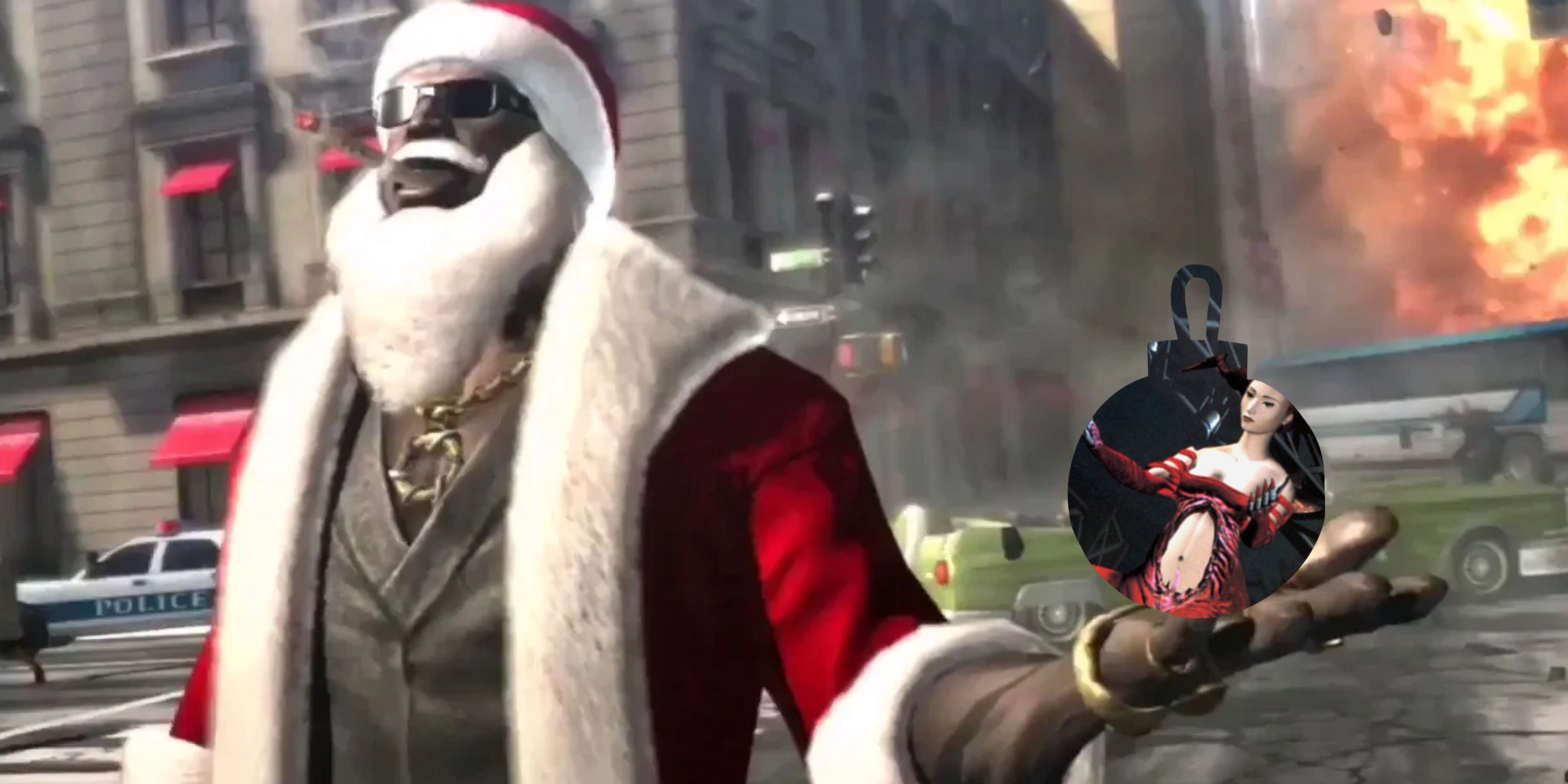
Speaking Of Enjoying Things
We Need Better Christmas Games
We have some snow here, some Santa there, but no real Christmas classic.
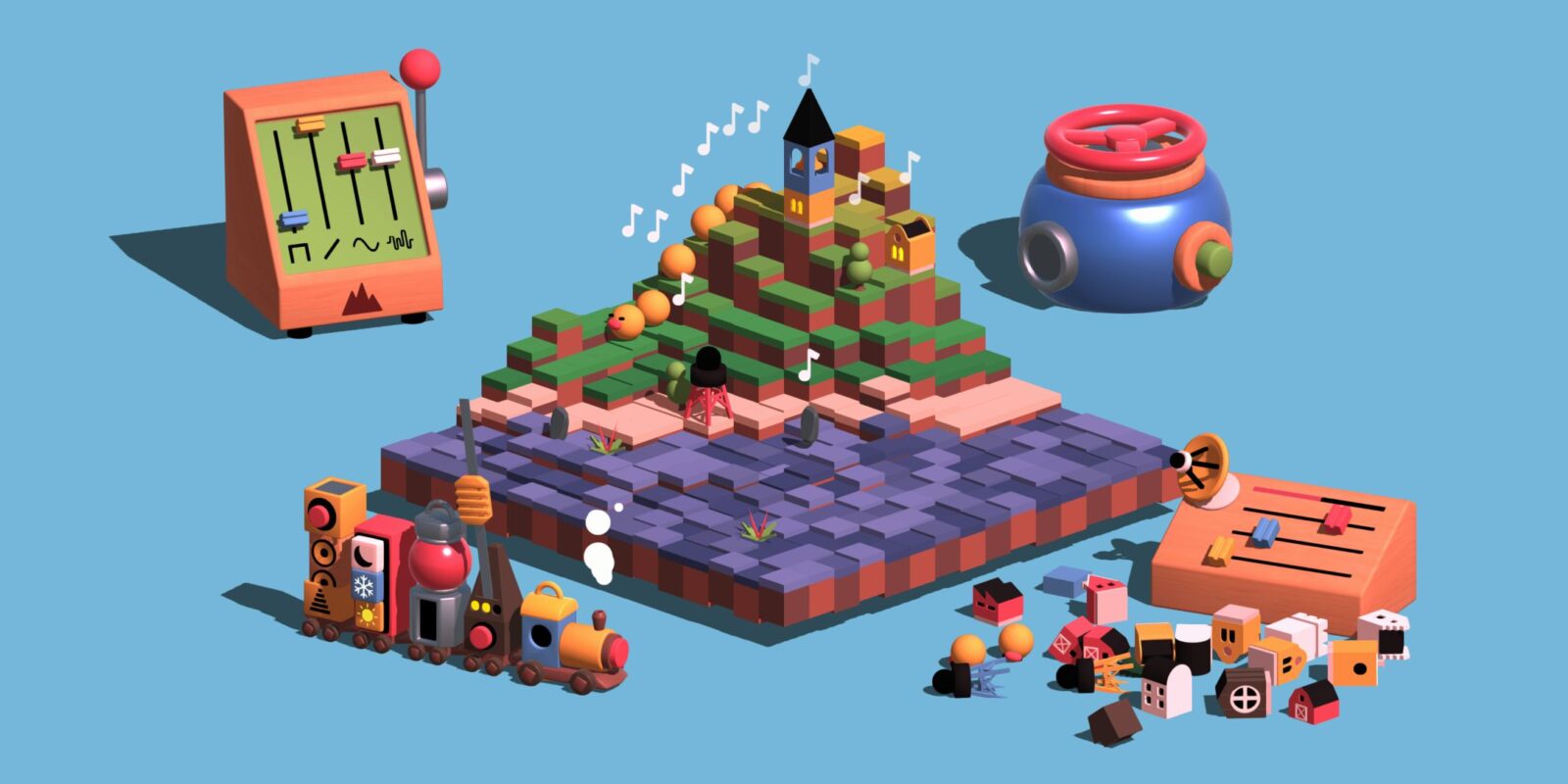
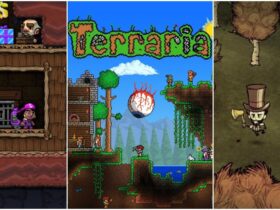
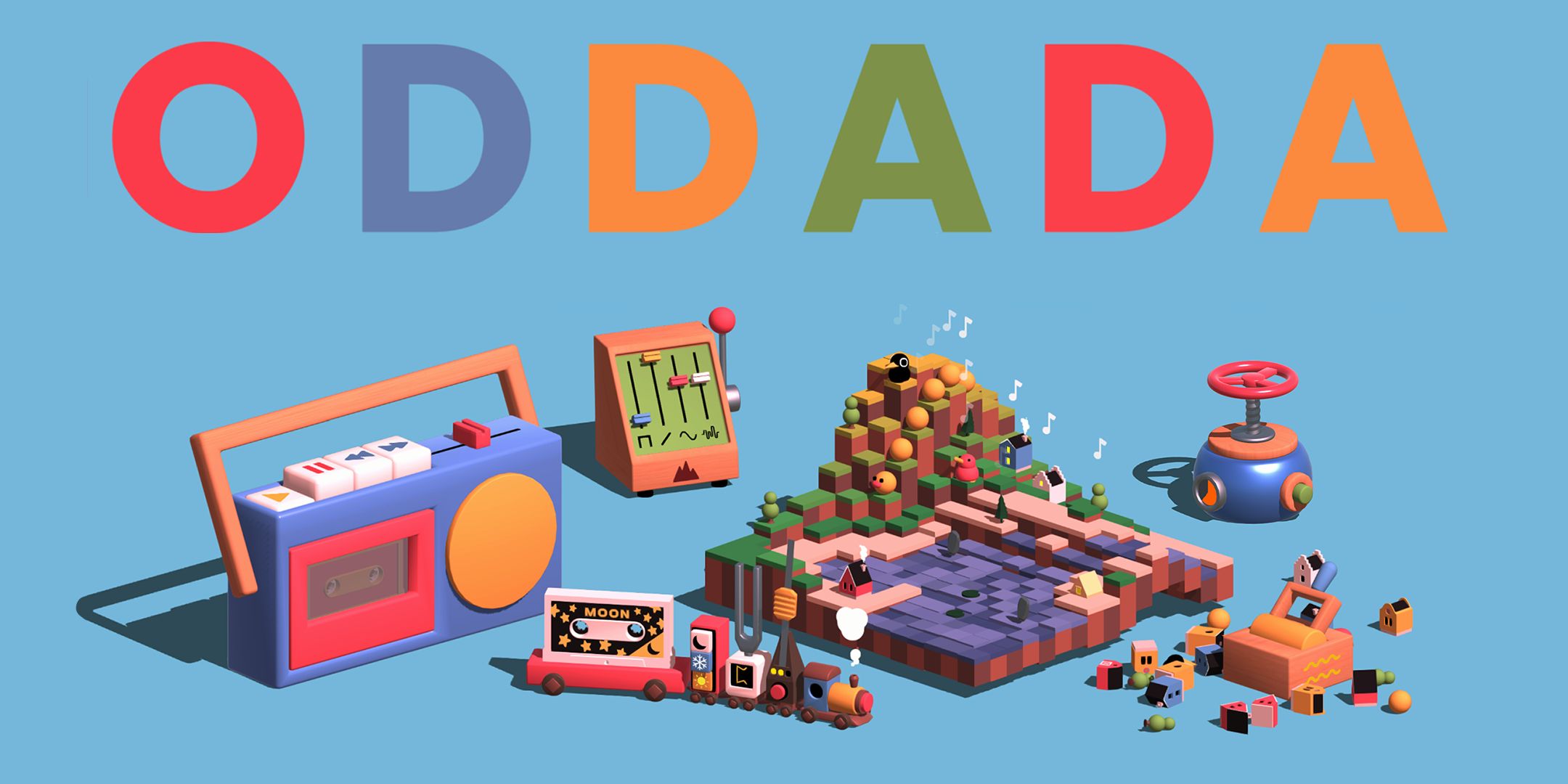
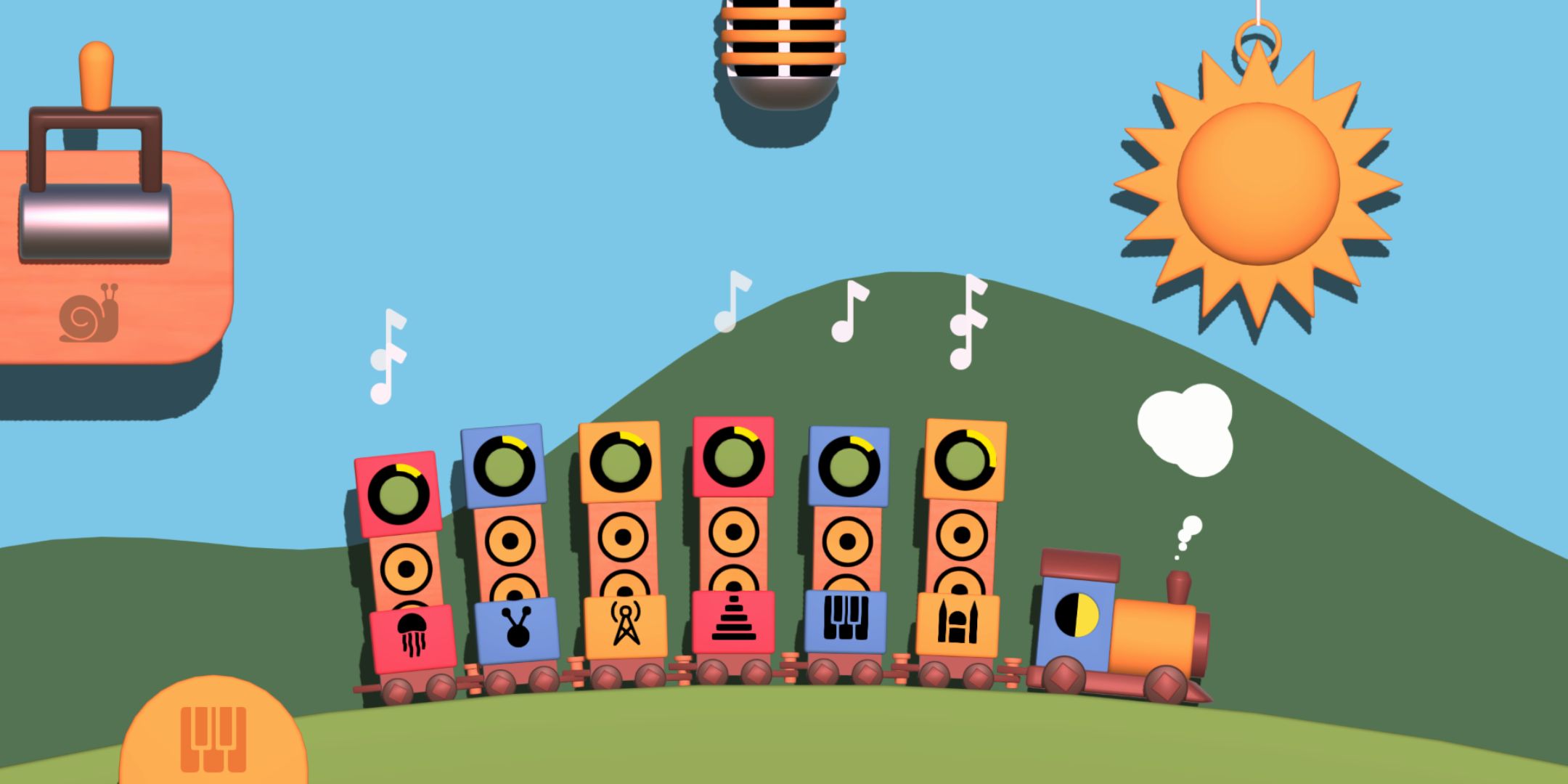
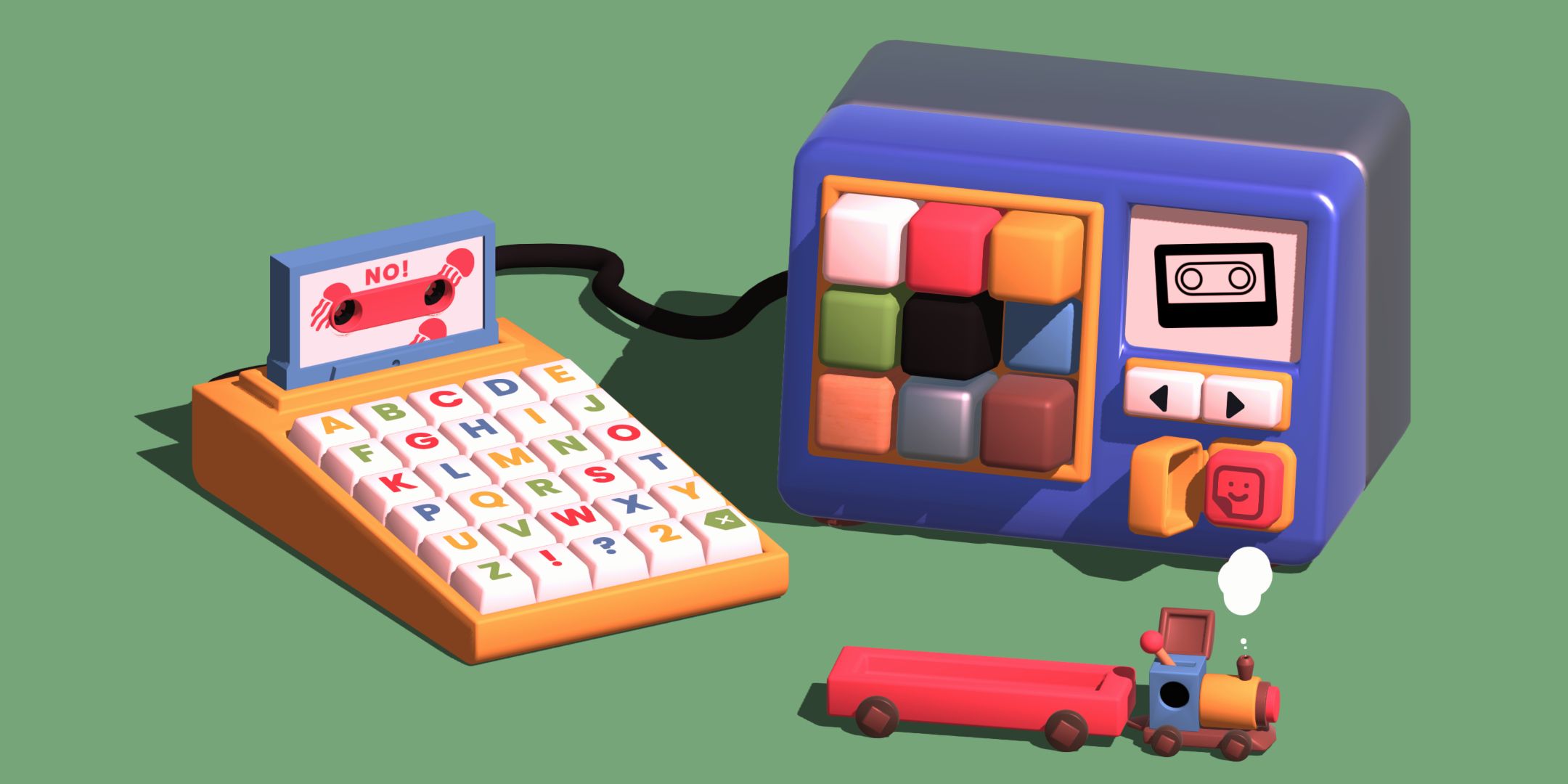


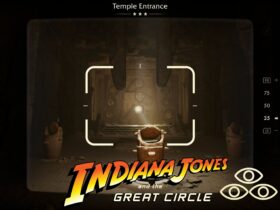
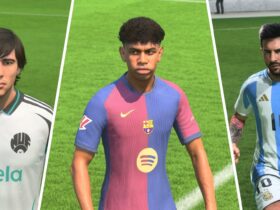
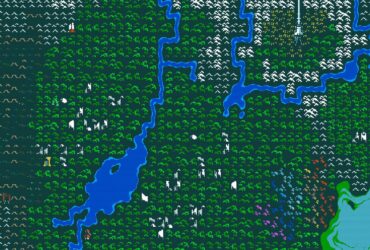
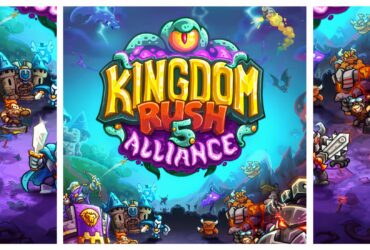
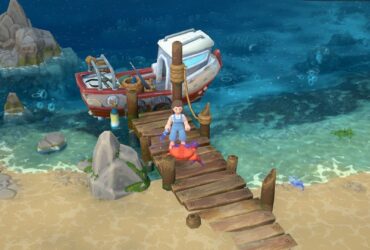
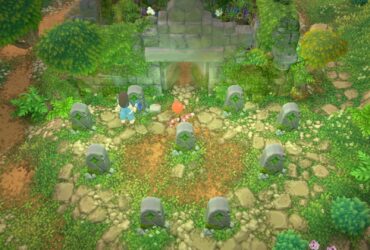
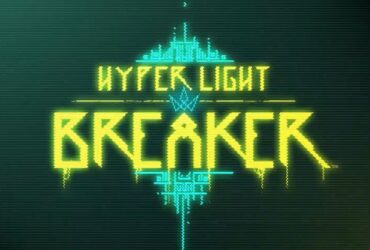
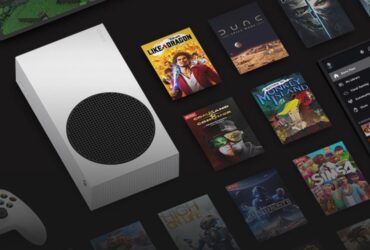
Leave a Reply